The Institute talks… to Gillian Keegan, Minister for Apprenticeships and Skills
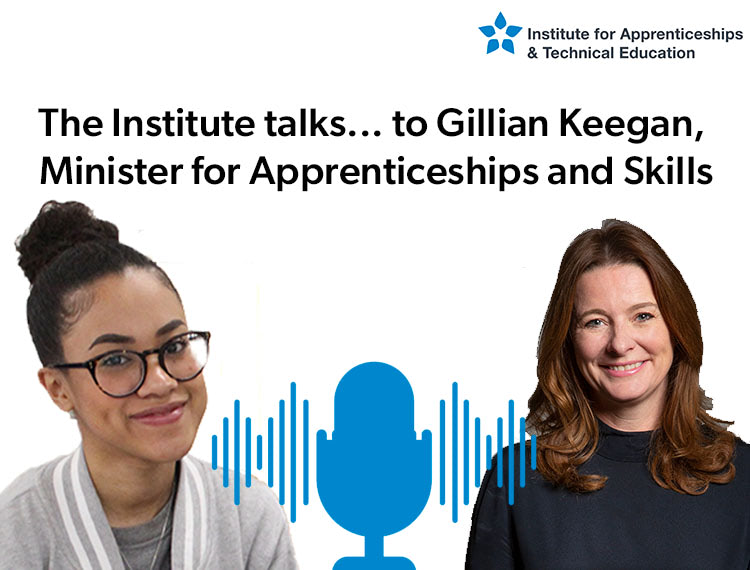
For National Apprenticeship Week #NAW2021, the @IFATEched apprentice panel asked 10 questions to @GillianKeegan, Minister for Apprenticeships and Skills.
The questions ranged from social mobility to funding for degree apprenticeships.
The host for the podcast is apprentice panel member, Jamilah Simpson. Jamilah was a digital marketing apprentice at Google and now works for Multiverse as a Community programme and network associate.
In the podcast, Jamilah asked the minister about her time as an apprentice and about being the first apprentice to hold the role of minister for apprenticeships and skills.
“I started at 16 and they supported me right the way up to degree level, so it was it was a life changer and in terms of social mobility, it completely changed the outcome of my life.”
The minister also talked about how the apprentice panel fits into the work she does, giving her the feedback about the apprenticeship programme “on the ground”.
“it’s really to get that feedback from your experience and also make sure that we continue to challenge ourselves to deliver the best experience we can for apprentices across the country.”
You can find more information about the apprentice panel on the Institute’s website.
10 questions for Gillian Keegan, Minister for Apprenticeships and Skills
Jamilah Simpson:
Hi, I’m Jamilah Simpson the Multiverse community programs and networks associate I joined multiverse early last year after completing my digital marketing qualification as an apprentice at google I’m also an apprentice panel member and your host for this podcast. We have a very special podcast today I’m joined by Gillian, Minister for Apprenticeships and Skills who will be answering questions submitted by the apprentice panel. As the first former apprentice to hold the role of Minister for Apprenticeships and Skills can you tell me more about your apprenticeship journey?
Gillian Keegan:
Yeah sure, and thanks for inviting me to do this it’s fantastic. I love talking about apprenticeships and I think you find that anybody who’s done apprenticeship becomes the world’s biggest fan of the route. Pretty much everyone who’s done one knows that they are fantastic. So I left school at 16. I grew up in a place called Knowsley, which I went to the normal comprehensive school it’s kind of known for its social deprivation.
You know there weren’t that very many options if I’m honest when I left school in the 80s, very high youth unemployment then as well. But I was really lucky to get the opportunity to do an apprenticeship and it was what would now be called a rotational degree-level apprenticeship. it never had anything like that fancy name it was just called an apprenticeship in a car factory. But I started at 16 and they sponsored me right the way up to degree levels. So it was a life changer and in terms of social mobility, it completely changed the outcome of my life.
1. Do you think apprenticeships can help maintain the UK’s reputation as a great place to do business and invest in given the UK’s recent departure from the European Union?
Jamilah Simpson:
Wow, that’s amazing. I completely agree when I finished my apprenticeship I became the biggest advocate for apprenticeships because like you said you’re just a bit biased once you’ve completed one. So my first question is do you think apprenticeships can help maintain the UK’s reputation as a great place to do business and invest in given the UK’s recent departure from the European Union?
Gillian Keegan:
Yes, but I think what we can’t underestimate is there’s actually a global skills shortages of many different skills now across the world. Now clearly those you know obvious ones like digital and tech and anything, I mean I know you did a digital marketing apprenticeship, so you’ll be highly valued all over the world because obviously everybody wants those skills and they’re relatively new skills that people are developing and you know many businesses are looking for more and more people who you know can help them in that new world. So I think the key thing is having the skills. You know I’ve worked in many many businesses, I’ve worked for about 30 years before becoming an MP, and then in this job now, and every single business I’ve worked in wherever it’s been in the world you’re always if you’re looking to make investment decisions, you always look at what skills are available.
People make any business successful and that their absolute essence of any business so looking to be able to build the teams and to be able to get access to the skills is a critical success criteria for any investment decision. However, I’ll tell you I think the UK does stand in a very strong position, both because we have some natural assets our language is a natural asset everybody speaks English here native English, in most cases. But also we have some other assets as well what we’re trying to do is make sure our apprenticeship system and our technical education system becomes a national asset that will ensure we close those skills gaps faster than most other people.
2. What future do you see for apprenticeships and their development as a valuable career choice for everyone?
Jamilah Simpson:
Cool. I think you made a really good point on the transferable skills that you learn from apprenticeships and the experience of being in a workplace. Which actually leads on to my next question of what future do you see for apprenticeships and their development as a valuable career choice for everyone?
Gillian Keegan:
I think people just need to be aware of them, I think once you’re aware of an apprenticeship and the range of apprenticeships and the opportunities and the different levels and the fact as you say that they’re an almost an unparalleled way to learn.
When you’re in the workplace, but you’re also taking time out to have formal study and you’re reinforcing and transferring that knowledge backwards and forwards and it’s just a brilliant way of learning particularly in a fast-moving, high-tech environment. Where you know there’s almost no business that isn’t digital now right you know, things have particularly as a result of the pandemic right we’ve all everything’s online now. So you know in that kind of environment an apprenticeship is a really brilliant way into a career, and of course, what it does ensure is not only do you, somebody, fund your studies, but you never put your time and effort into studying something that’s not valuable in the workplace because the employer’s chosen those things that are valuable in their workplace.
I think the other thing is these there’s a lot of stereotypes around apprenticeships which is why it’s brilliant that you’re doing this Jamilah because people need to really understand that the apprenticeship system we have today there’s so many things almost every career that you want to do you can do via an apprenticeship. The one I signed off the other day was a space engineer, I mean you know most people you know wouldn’t imagine that if you want to go into space engineering then an apprenticeship is the way to do it. So there are 600 apprenticeship routes now that cover almost every career in the country.
3. Do you think apprenticeships are as respected as traditional further education?
Jamilah Simpson:
I think it’s amazing how the number of routes that are offered for apprenticeship just keeps growing it’s absolutely amazing to hear. I’m quite intrigued to know if you think apprenticeships are as respected as traditional further education?
Gillian Keegan:
Well, I highly respect them, but that’s because I did one, and you know and also because I did a degree apprenticeship, I did a degree as well, and actually, I’ve gone back and done my Master’s since, full time at London Business School, which I did a couple of years ago actually. So I think you know I truly respect them. But I think it’s fair to say that maybe a lot of people have gone through the purely academic route have an old-fashioned stereotype about what apprenticeships are.
I mean you know the amount of people who’ve said to me now in this job you know apprenticeships are really good for people who are good with their hands, I mean what nonsense is that you know, is that what you were thinking when you were you’re doing digital marketing with Google, oh I’m good with my hands, no you know it’s so out of date.
It’s just a different route to get to the same place and I think in a fast-moving technological environment it’s a better route because you don’t have to cope with the disconnect between what you could study academically and what’s actually going on in the workplace. So yeah, I think we’ve still got a lot more work to do and there are some people who just don’t get what they are.
4. Where do you see the apprentice panel’s role fitting into your work?
Jamilah Simpson:
Yeah, I was actually one of those people who didn’t really understand what apprenticeships were about before I did mine. I thought it was just for like construction or engineering, but once you do your research you find that it’s so much more than that. So as I mentioned earlier I’m part of the Institute’s apprentice panel and I’m interested to know where you see the apprentice panel’s role fitting into your work?
Gillian Keegan:
I think it’s to feedback and tell me what’s going on, on the ground, what you think is going to help from the perspective of a relatively young group of people, who are relatively new into their careers, how the apprenticeship system helped, what could be better about it. Will you use an apprenticeship to get to the next stage of your career or your next stage of study, these are the things that you know should be sort of self-perpetuating in a way. So I think it’s really to get that feedback from your experience, and also make sure that we continue to challenge ourselves to deliver the best experience we can for apprentices across the country.
Jamilah Simpson:
Well I think with our annual panel survey that we send out, and last year we got over a thousand responses which we’re now using to implement it into our best practices handbook, I think our work with yours will align really nicely on that
Gilliam Keegan:
Very much so, I’m always in listening mode
5. Do you think apprentices need more of a community and did you have anything like that when you were an apprentice?
Jamilah Simpson:
So, I as you know I used to be an apprentice but I’m now at Multiverse, and we look at creating a proper sense of community for our apprentices from socials to societies to mental health support, networking and leadership opportunities. Do you think apprentices need more of a community and did you have anything like that when you were an apprentice?
Gillian Keegan:
No, I didn’t, but I must say when I went to when I first met the team at Multiverse or Whitehat as it was called when I met them. I was super impressed by what they built in terms of that platform, they had all kinds of things, mental health support, peer-to-peer support and they were doing socials online and you know and I’m sure if it wasn’t for the global pandemic they would have been doing socials and networking events in real life as well. I think that’s fantastic.
You know one of the things that you obviously, as an apprentice you have your workplace, and you have whatever your workplace offers in terms of support, mental health support, societies, clubs those kinds of things. Lots of workplaces do offer those.
But I think there’s something special about sharing that apprenticeship experience, because it’s a broader community, and I know that there’s there is some work that’s going on to look. There’s a couple of people who’ve got this initiative to look at a sort of apprenticeship group association, I think they’re calling it, and I think that would be a fantastic.
I think this is Jason Holt the chief executive of the Holts group and he’s the chair of the ambassador network and Sir Peter Estlin, and they’re looking to establish that association of apprentices and I think hopefully they’ll include older ones like me as well, I’ll get an opportunity to join. But I think you can always learn from shared experiences, and you’re sort of aggregating your voice as well, which might make the message get through a bit more clearly.
6. How can we increase social mobility in apprenticeships, what barriers do you think people from less advantaged backgrounds have when applying for apprenticeships?
Jamilah Simpson:
When I was an apprentice one of the best parts about my apprenticeship was meeting other apprentices within the Whitehat community at the time and listening to their shared experiences as you said. When I first started at Multiverse I was actually running some of those online socials which didn’t really work out but we tried to keep that connection between apprentices. So my next question is about social mobility, and how can we increase that in apprenticeships, what barriers do you think people from less advantaged backgrounds have when applying for apprenticeships.
Gillian Keegan:
I think there’s two things, I think first of all again it’s knowledge.
One of the key challenges we had, and I’m sure you found this as well at school, is when you find out about them they’re like the world’s best-kept secret in our country it to some degree. So I think the first thing is to make sure that the schools are really aware of all the opportunities, and of course, you know in some of those areas make sure that that you know the jobs are there that are obviously offering these apprenticeships. So I think that’s the first thing but also completely focusing on trying to make them accessible to everybody.
Any barriers that people may have, either through what they learn at school, how they find out about it, or even them thinking it’s not for them, or it’s something that doesn’t fit their skills etc. I think we just need to really reduce all of those barriers. Now we’ve got a number of sort of more proactive things as well to really focus on different segments of apprentices you know sort of black and ethnic minority groups to make sure they’re all aware of what apprenticeships there are, and then anybody with a learning difficulty or a disability making sure that we show how accessible and supportive the apprenticeship system is, to help them overcome any barriers they have.
They are a brilliant way of getting on in life and I think It’s knowledge really, so we need to really continue to make sure that people are aware of the high-quality apprenticeships in their area. They can easily search it, I mean the apprenticeships website has got a lot of information on, but you thinks to go to the apprenticeships website. You need those experiences in school as well. So we’re doing a lot of work to make sure that it’s the careers offer at school is a much better experience for people. Open up their eyes to what’s available.
Jamilah Simpson:
Something that I’ve seen since finishing my apprenticeship is a lot more schools inviting apprentices to speak about their experience, which I think is great because they’re sharing like you said those experiences that they’ve lived.
Gillian Keegan:
And you’re the best adverts for it ever, and not only you’re passionate about it, but anyone who can see somebody who’s like them with similar age who’s had a great experience well that’s just a brilliant, brilliant advert. So the ambassadors’ network is doing a fantastic job of that.
7. Can you confirm that degree apprenticeships will be continued to be supported and remain fully funded?
Jamilah Simpson:
So something that I didn’t know really existed was degree apprentices, and it’s been great hearing about your experience and how that led on to you completing your Masters. Can you confirm that degree apprenticeships will be continued to be supported and remain fully funded?
Gillian Keegan:
Well as the first and only degree apprentice in the House of Commons, I can definitely say that I am very attached to the route. I think it’s a brilliant advert for the program as well. Some people sort of sit there thinking about whether they want to do the academic route or the apprenticeship route, and the degree apprenticeship is basically both. So, I’m absolutely a huge fan and no, definitely on my watch I will be completely supporting degree apprenticeships. Because as I say I’m the only one in the House of Commons, so we want plenty of more, plenty more in many different fields.
It’s a great way of skipping the student debt making sure you study something really, really valuable, getting really brilliant work experience. I remember the dissertation I did as part of my degree was really practical, and it was implemented in the in the business that I worked in. Because I was seeing real business problems, I didn’t have to think about academic ones. I was seeing real ones, so you know just that transfer of knowledge is so powerful.
8. Is there any plan to increase the minimum wage for apprentices in the near future?
Jamilah Simpson:
Amazing, Is there any plan to increase the minimum wage for apprentices in the near future?
Jamilah Simpson:
Yeah, I think there is. I think the low wage commission have recommended it goes from, I think it’s £4.15 up to £4.30. However, I think the most important thing is that the vast majority of apprentices are you know a large number are actually paid a lot more. And I think the apprenticeship pay survey which was 2018-19, found that the median basic hourly pay for apprentices in 2018-19, was £6.95 for level two and three and £11.07 for apprentices at level four. And I will say all those years ago when I did my apprenticeship I was paid, they didn’t have a concept of minimum wage then, but I was paid a good a decent wage for the job I was doing. And once you obviously finish your apprenticeship and get qualified, and of course you will be more highly paid. And the more skills you have in general in your career the more you’ll get paid.
Jamilah Simpson:
Whilst we’re on the topic of finance. When I started my apprenticeship something that I really struggled to understand was my finances. And we don’t really get taught these skills in schools unless you specifically study accounting for example. Could money management and life skills be embedded within apprenticeships?
Gillian Keegan:
Well, I think the difficulty with doing it in apprenticeships is about half, five million apprentices have trained since 2010 until now, and about half of them are adults. So what we’ve tried to do with apprenticeships is get specific sort of skills that are relevant to that job. However, these skills are vitally important. So we’ve also worked with the Learning and Work Institute to develop a guide for apprentices on where to go for support during their apprenticeship. Including mental health, financial and employment advice. And we’re working on that at the moment, so it’ll be published in the spring. So I think that that’s probably something that will be useful I think to apprentices or certainly to younger apprentices. It is a big life skill, and it’s one that I don’t know why it’s not taught in schools. I mean we used to have something years ago that was taught in schools, that at least gave you the basics of budgeting, the basics of debt management or financial management. How you kind of manage your personal finances what good debt is, and what bad debt is, and that kind of thing, but it seems to have dropped off. It is vitally important, because the thing about apprentices is obviously they do start earning money, and in many cases, they start earning money at a younger age, so I think, hopefully, that guide will be useful, and if it isn’t we will work until it is.
9. Could we group larger employers with smaller businesses to give apprentices a wider variety of on-the-job training?
Jamilah Simpson:
I wish I had something like that at the beginning of my apprenticeship. Could we group larger employers with smaller businesses to give apprentices a wider variety of on-the-job training? For example, larger employers doing placements with apprentices in their supply chain.
Gillian Keegan:
So there’s two things we’re trying to address here. Two different things using this kind of model. The first is to enable the levy to work a lot better. So that smaller employers can access the system much more easily. So we’re doing some work on the system, and we’re doing some work to match employers that have spare levy with those that are looking for opportunities. And actually, a lot of that’s been done with some pilots with the mayoral combined authorities and different models like this, so that’s one thing. The second thing is where the structure of an industry doesn’t work so well, because there’s either it’s a lot of like project-based work or freelance-based work, and actually getting an apprenticeship with one company that gives you everything you need is not the best approach. So we are also looking, well in the construction industry they look to try and trying to solve this because a lot of them are on project by project and employed project by project. But also we’re looking at a couple of other industries as well, so I think that is an opportunity. What we’re very keen to do is to keep the quality in the system. So to make sure that you don’t get a number of sort of low-quality experiences, which doesn’t lead to the right outcome. So we will have to be careful of that. I think it’s something that we need to be more flexible on as we look to address some of the structures, of some of the industries. The other one is the creative arts as well, where people tend to be freelancers and be sort of employed by projects. So how we get an apprenticeship system to work for those industries is a challenge that we’re thinking through right now.
10. What would you like to see come from the apprentice panel in 2021?
Jamilah Simpson:
Cool, thank you, Gillian. I’ve got one final question for you before we wrap up, and it’s about the apprentice panel. What would you like to see come from the apprentice panel in 2021?
Gillian Keegan:
Well, when I read the results of last year’s survey I was really encouraged to see that you know even with the global pandemic 87% on the apprentice survey said they would recommend their apprenticeship to other people. So I think first of all it’s to get that advocacy, for you know this is National Apprenticeship Week, you know we’re going to be talking a lot about apprenticeships. But to keep that year-round, that that momentum of people talking about apprenticeships, sharing their experience, being real advocates for it. And I think on top of that, I’d like that 87% to be much closer to 100% as well.
As we work together with the panel to help us understand the apprentice experience, and how we can make the design and delivery of the apprenticeships even better. I did my apprenticeship 35 years ago and you still will not find somebody who’s more passionate and knows how much of a difference that made, all those years before. It really, they really are a fantastic way of going on and building brilliant careers in almost anything. And I think they’re also a more secure way into the workplace which could be something that many young people are looking for.
Particularly as we try and recover from the pandemic. Which will have impact on employment in the country, and so apprenticeships are a big, big part of our recovery. And we just need everybody to know about them, so hopefully, you’ve all got a lot of people that you can talk to Because I think your experiences are going to be absolutely valuable, invaluable in spreading the word.
Jamilah Simpson:
Definitely. So that’s all we have time for in today’s episode on behalf of the apprentice panel I want to say a huge thank you to our guest Gillian Keegan for taking the time to answer our questions.
Thank you for listening and look out for our next episode. Bye!

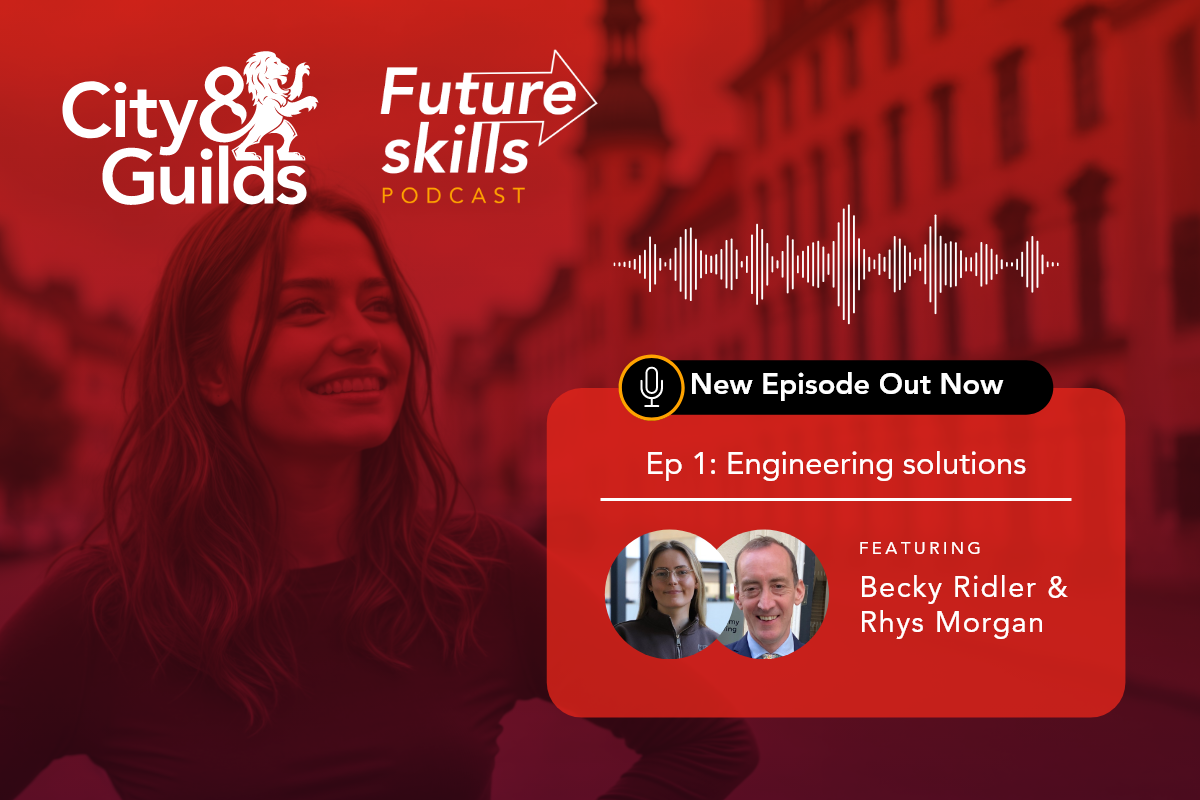

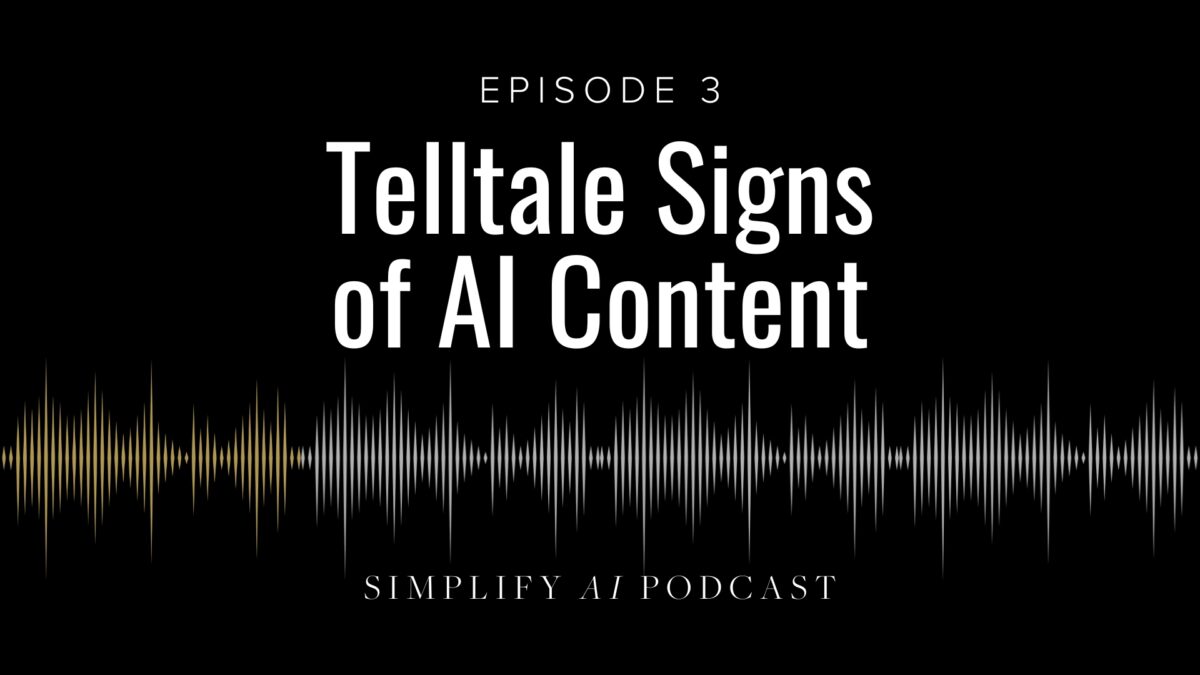
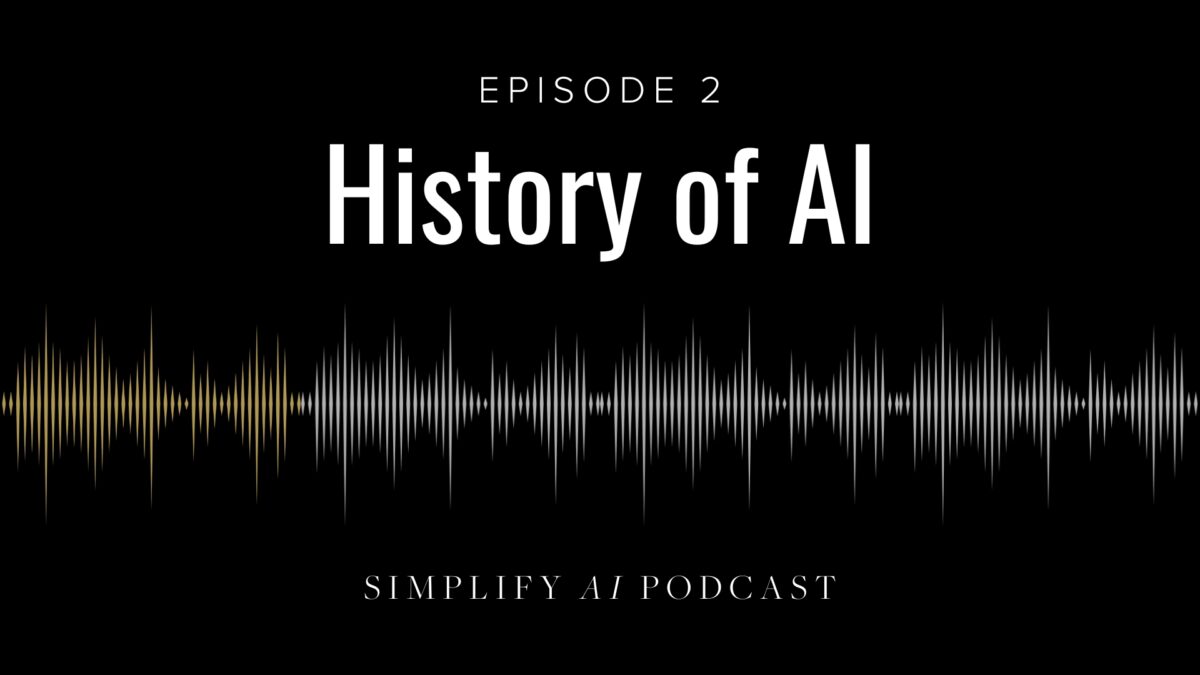
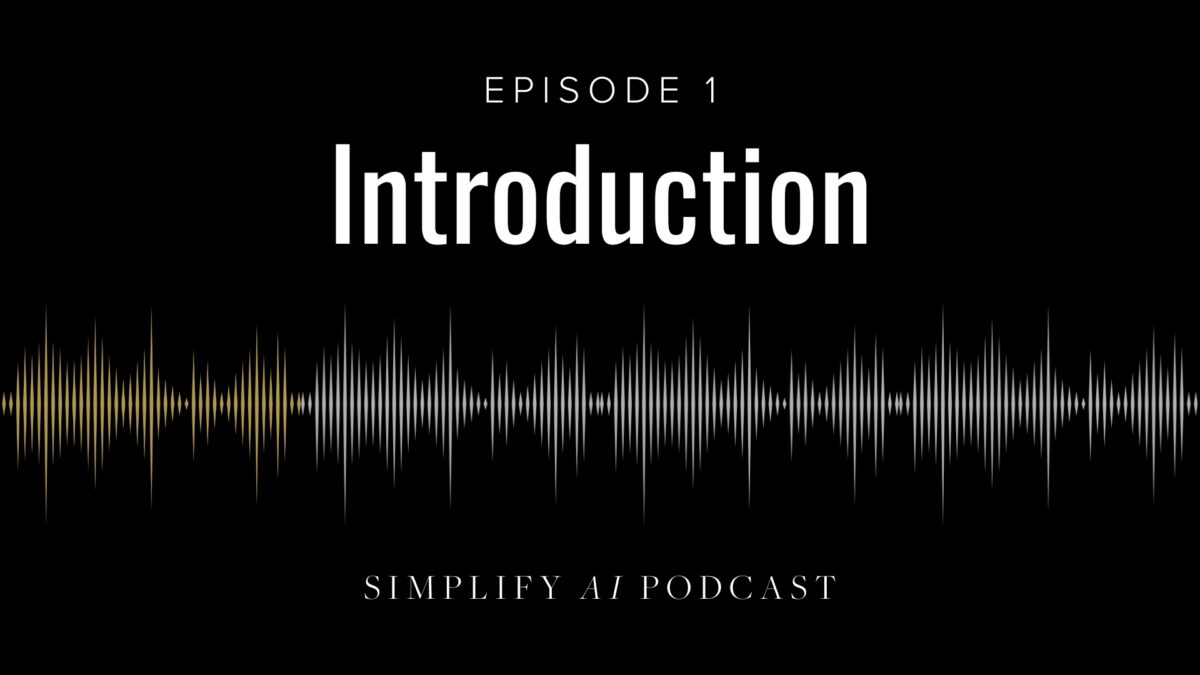
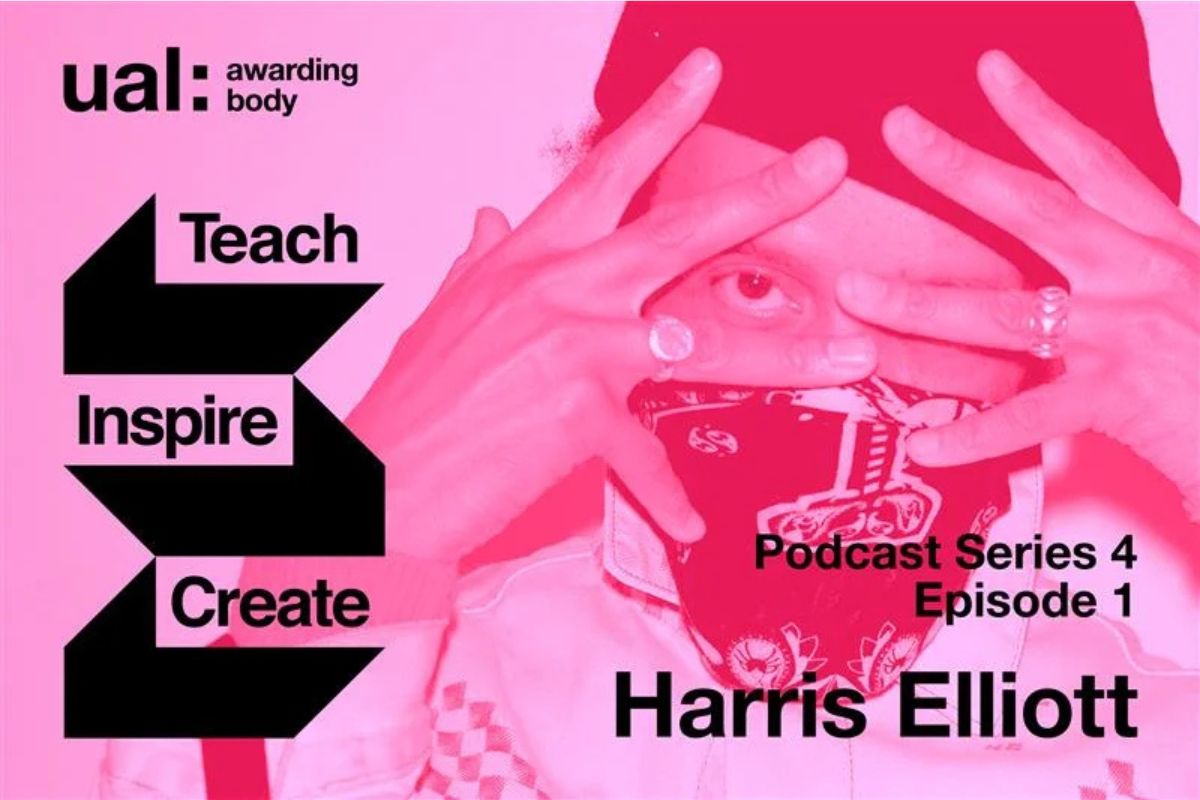

Responses